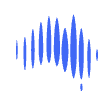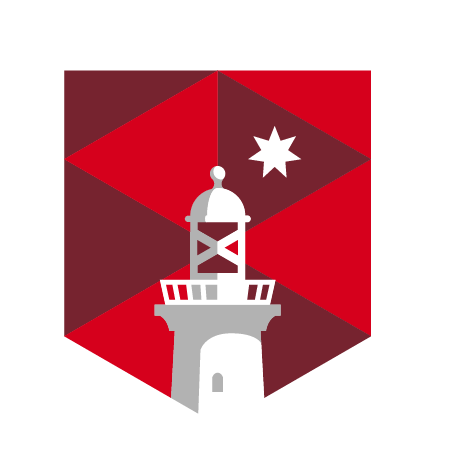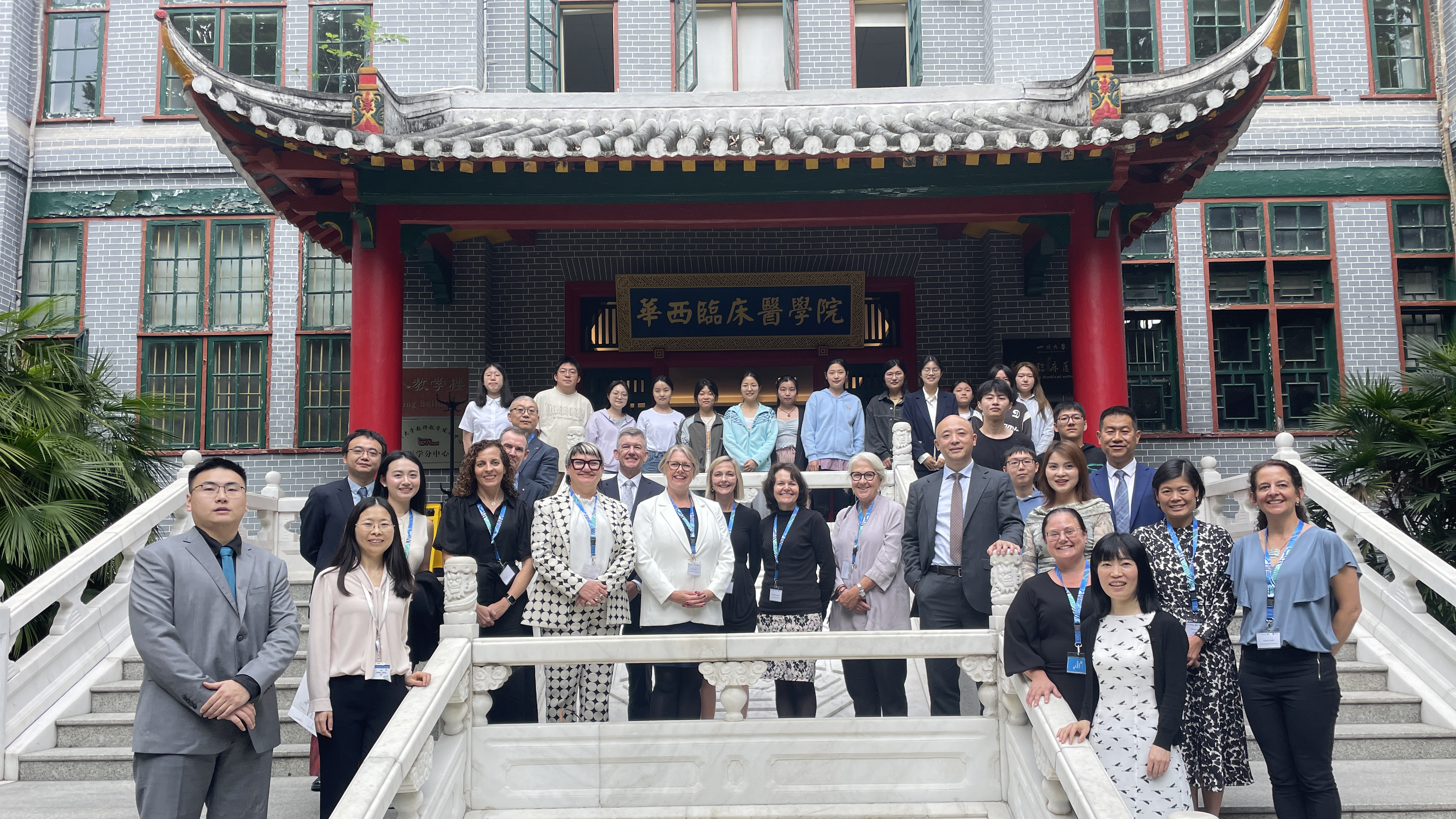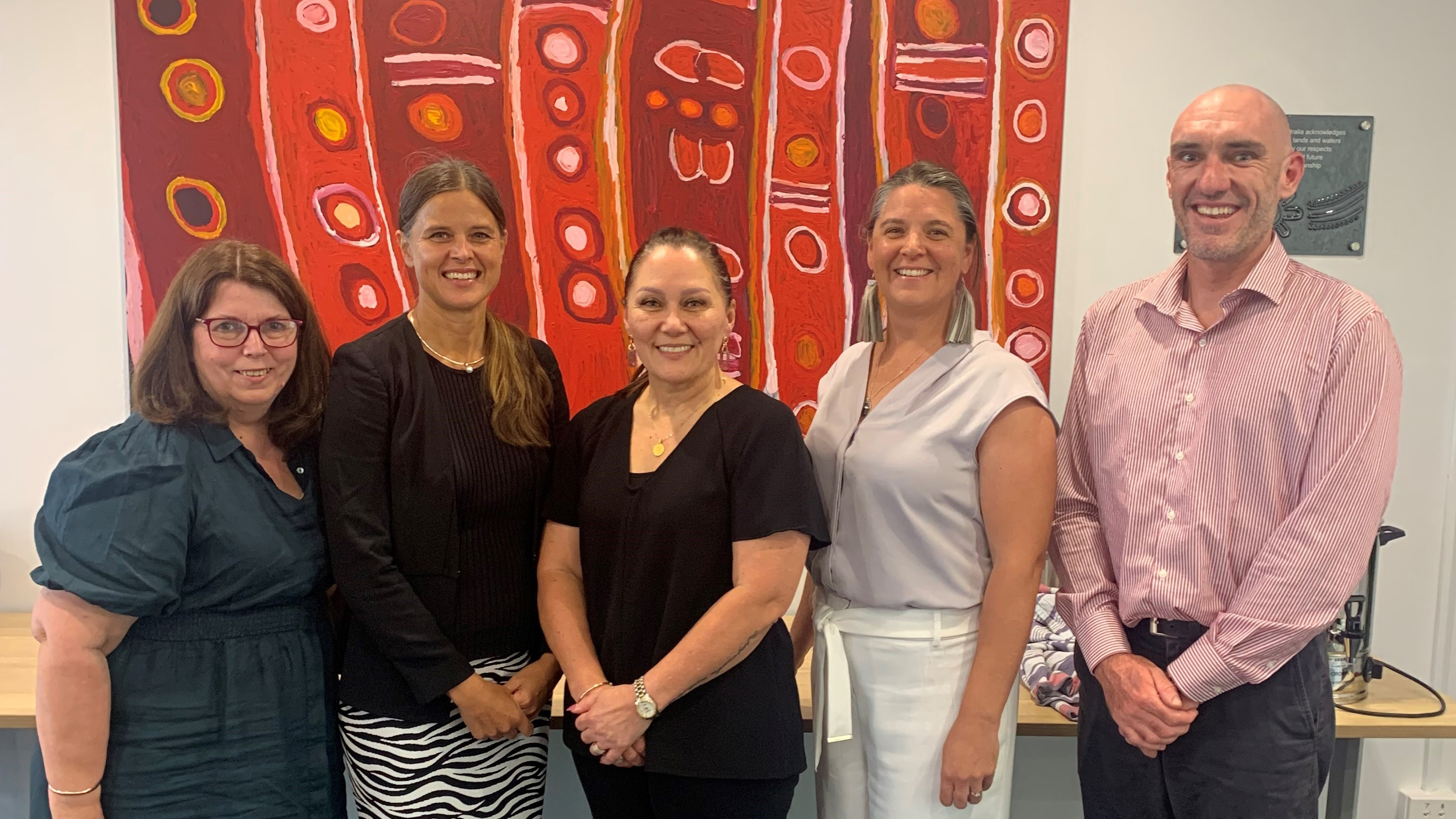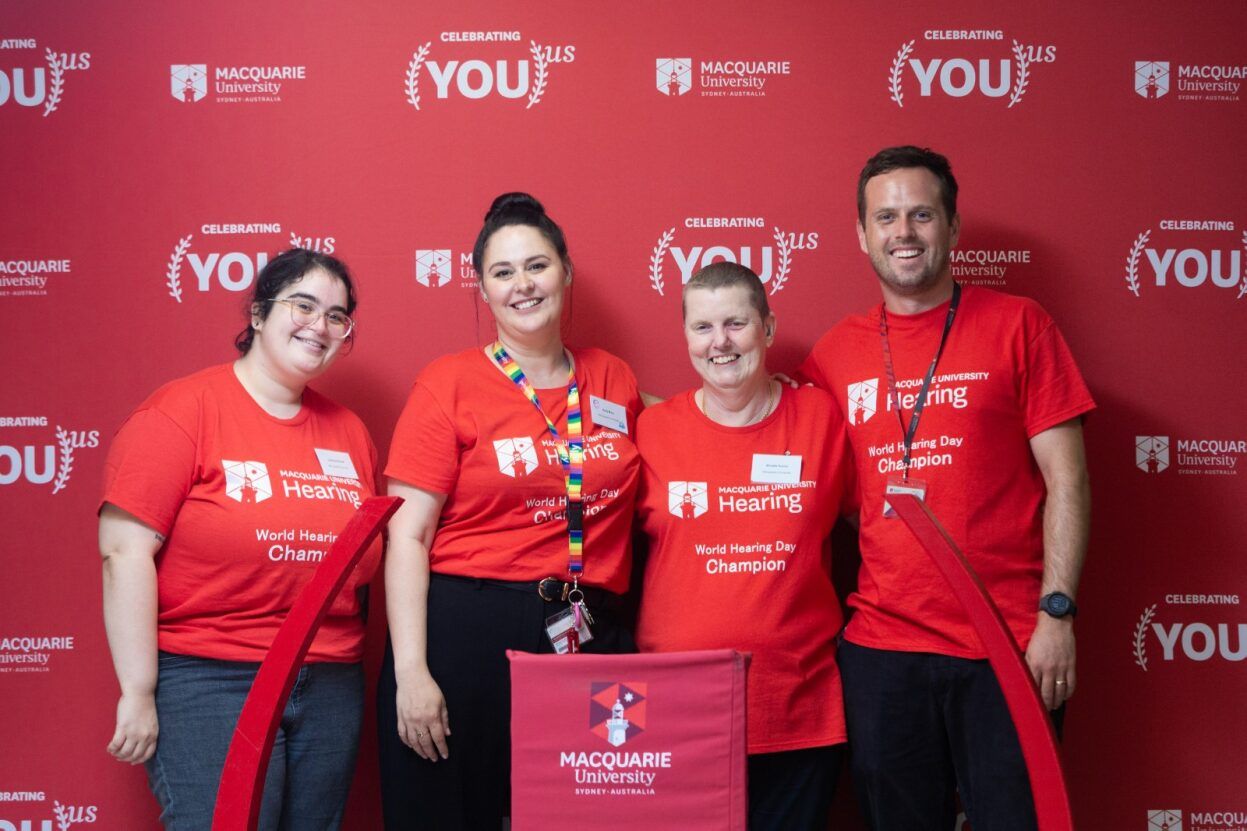
March 3, is World Hearing Day and Hearing Australia’s Hearing Assessment Program — Early Ears (HAPEE) program is holding a series of events throughout the week with its spokespeople, singer-songwriter Emma Donovan and Play School presenter and actor Luke Carroll.
The events aim to reach out to communities across the country to raise awareness of the importance of good hearing health for young Aboriginal and Torres Strait Islander Children starting school for the first time. To coincide with this HAPEE is also releasing a range of resources to support parents and carers and provide primary health and early childhood education workers with the tools for local engagement.
A highlight event will be a live webinar from 11am to 12pm on World Hearing Day for Koori maternity service workers, presented in conjunction with the Victorian Aboriginal Community Controlled Health Organisation (VACCHO), and featuring Emma Donovan.
Topics to be presented include hearing and speech development in utero and beyond, why it’s important to look after ear/hearing health, the long-term impacts on learning, the main ear issues that impact ear and hearing health, and an overview of some tools that are available to help assess kid’s hearing.
“It’s never too early to get your bub’s hearing checked,” said Emma.
“My daughter has had so much help and support for her hearing issues through the HAPEE program,” said Emma. “I am proud to be a spokesperson and to help make a difference for other Aboriginal and Torres Strait Islander kids.
Emma will share her daughter’s story with the webinar community.
Luke Carroll will be on hand to support Redfern Aboriginal Medical Service’s community event on Friday March 5 from 10am to 2pm.
Hearing Australia will have a stall at the event and will be providing food and drink to the community, while an audiologist will be checking kid’s ears.
“I joined the HAPEE program because I know our kids need good ear health and hearing to help them learn and get on in life, so I want to encourage parents to get their kids hearing checked regularly,” said Luke.
Over the course of the week regional events will be hosted across the country in New South Wales (Kempsey, Newcastle and the Central Coast), Western Australia (Narrogin), Queensland (various sites in the Torres Strait and the Fraser Coast). For details see the attached media backgrounder.
The theme for World Hearing Day 2021 is Hearing Care for All! Screen. Rehabilitate. Communicate. It coincides with the launch of the World Report on Hearing that calls for global action to address ear diseases and hearing loss across the life course.
“This is particularly relevant in Australia where one in three Aboriginal and Torres Strait Islander children experience chronic ear disease that may lead to hearing loss¹.”
“HAPEE takes action to address and reduce the long-term effects of ear disease in Aboriginal and Torres Strait Islander children by providing free community-based diagnostic hearing assessments and follow up treatment to children aged 0-6 years who do not yet attend school full time. It focuses on early detection and treatment because they are the keys to preventing avoidable hearing loss,” said Michele Clapin Manager of the program.
HAPEE provides ongoing support and advice to parents and carers to help prevent the long-term effects of ear and hearing problems.
Children with infected ears often don’t show any signs of trouble, and hearing loss can lead to delayed speech and educational development and prevent children from fully participating in life.
Since the 2019 launch of HAPEE, over 6,000 assessments have taken place for some 5,000 children nationally.
“Through its HAPEE program, Hearing Australia has an ongoing commitment to action through early diagnostic, rehabilitative and specialist referral services; and an increase in primary health services’ capacity to identify, manage and monitor ear health.,” said Michele.
“We will continue to both lead and contribute to measures that reduce the incidence of preventable hearing loss and halve its prevalence in Aboriginal and Torres Strait Islander children by 2029.”
Hearing Australia’s HAPEE program was developed with Aboriginal Community Controlled Health Services representatives along with key people from the Aboriginal and Torres Strait Islander hearing health sector.
Hearing Australia’s ongoing ‘Hearing Assessment Program — Early Ears’ or HAPEE, is a result of a $30 million investment by the Australian Government to reduce the long-term effects of ear disease in Aboriginal and Torres Strait Islander children.
Parents and carers can call 134 432 or visit https://www.hearing.com.au/HAPEE for more information today to get a free hearing check.
Attachment: Media Backgrounder on the HAPEE Community Toolkit and events nationally.
For further information please contact: HAPEE@hearing.com.au
-Ends-
* The Hearing Assessment Program is an initiative of the Commonwealth Department of Health. Aboriginal and Torres Strait Islander children aged 0-6 or not yet attending full time school are eligible to be seen. All services provided under this program are free of charge. A hearing check includes a number of age appropriate tests of hearing and middle ear function.
Reference:
¹ Health, A.G.D. of (2019). Roadmap for Hearing Health – Hearing Health Sector Committee. [online] www1.health. gov.au [Accessed Sep. 2020]

